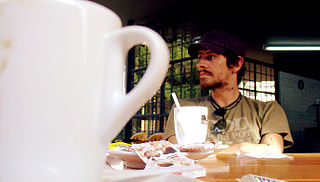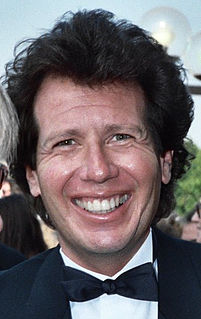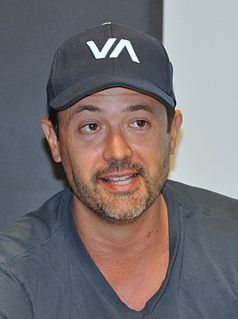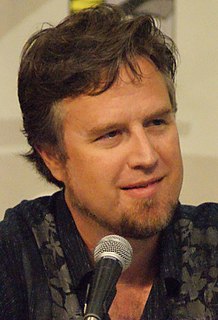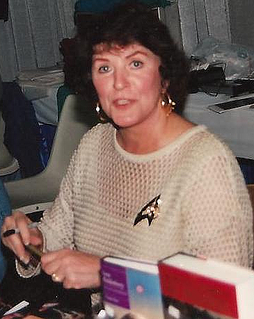A Quote by Bill Watterson
I hope some historian will confirm that I was the first cartoonist to use the word 'booger' in a newspaper comic strip.
Related Quotes
I wanted to do the comic strip. I tried to get it syndicated, and I sent some examples to a syndication company, and they sent me a rejection letter! I wasn't smart enough at the time to realize you shouldn't let rejection letters stop you. I thought that rejection letter meant I was not allowed to be a cartoonist in this world, so I put the rejection letter down and said, well, I'll be a stand-up comedian.
I'd always wanted to do a weekly strip, or a strip that was in installments like that. It's been fun trying to figure out how to make that work. Their standards are so prissy that they won't allow me to use all kinds of language. Not only can you not swear, this morning I was informed I couldn't use the word "schmuck." I couldn't use "crap," "schmuck," or "get laid." Those three were beyond the pale. But you get around that, and it comes out better. I can't quite explain why.
I might not be able to use the word "hope," but I could certainly use the word "optimism." I'm very optimistic. I don't feel that it helps to be pessimistic. At some point in my life I made a conscious decision that I would try to be optimistic - not blind to anything at all - but to always hear the way that had the best chance for happiness.
There are some simple maxims which I think might be commended to writers of expository prose. First: never use a long word if a short word will do. So, if you want to make a statement with a great many qualifications, put some of the qualifications in separate sentences. Third: do not let the beginning of your sentence lead the reader to an expectation which is contradicted by the end.




